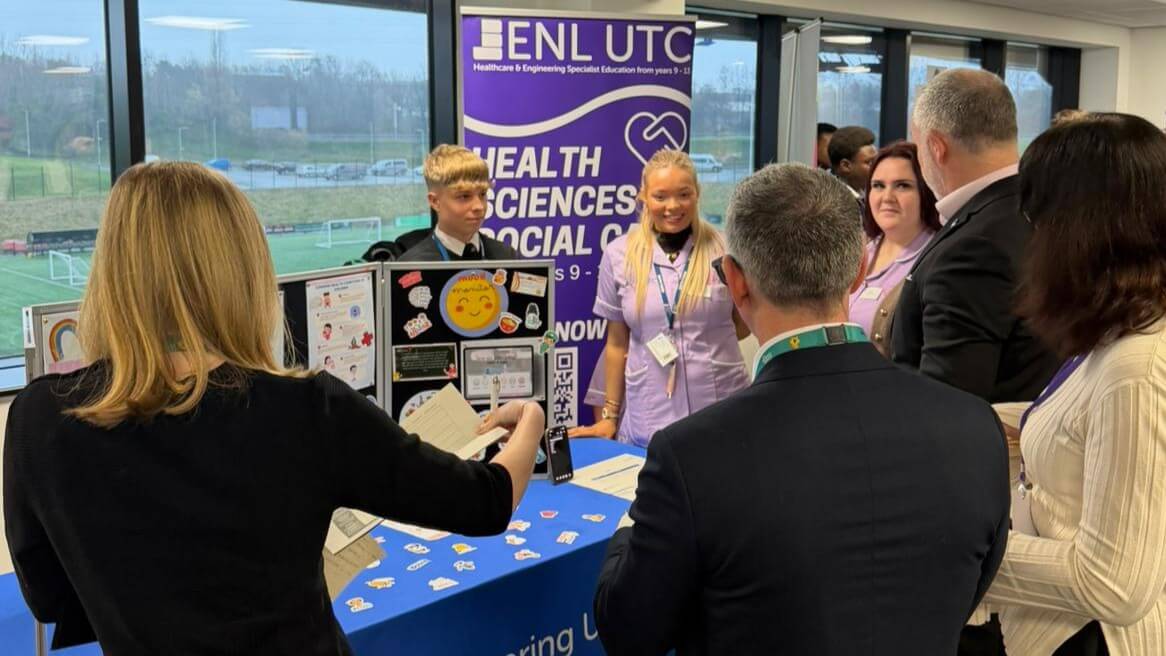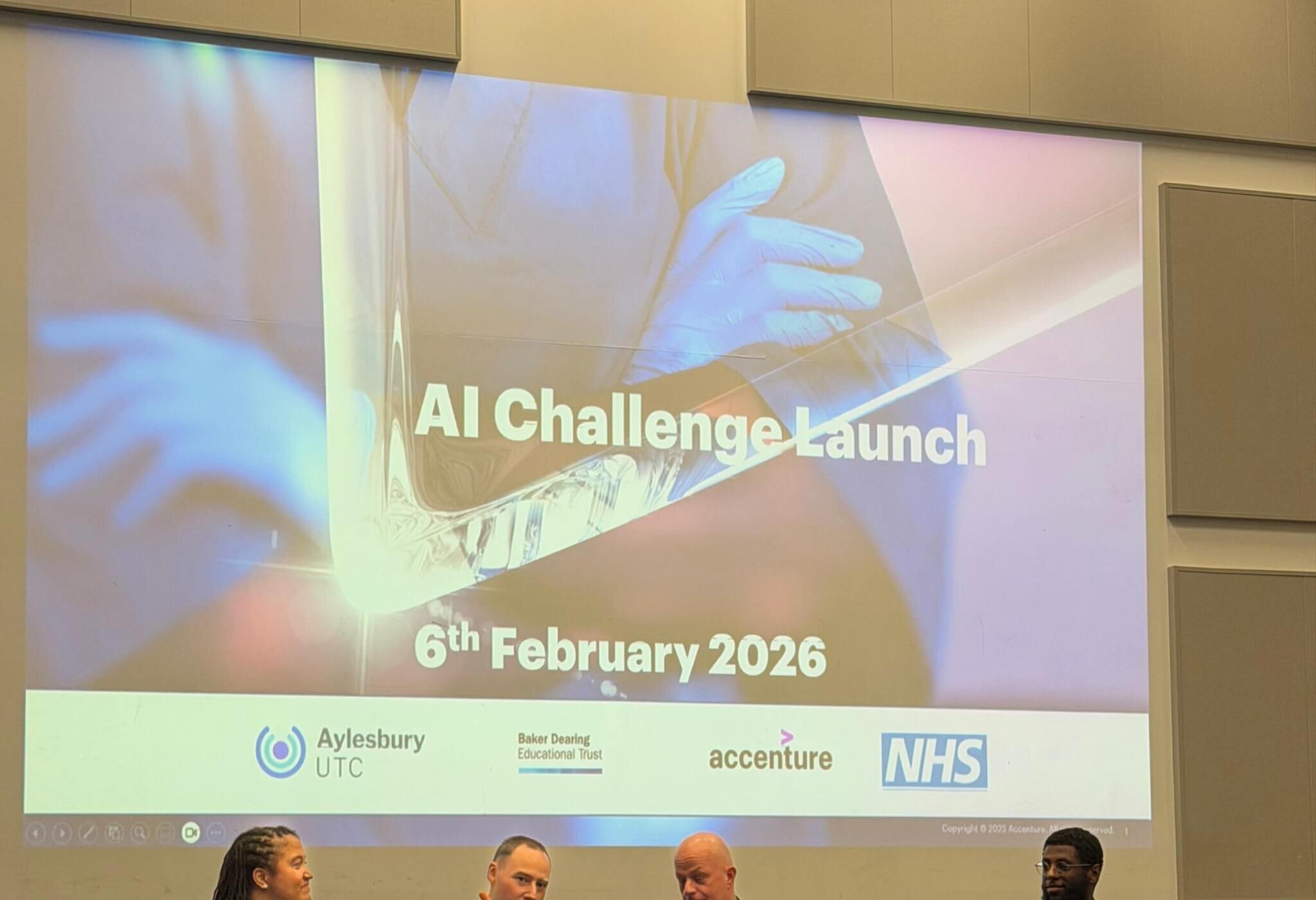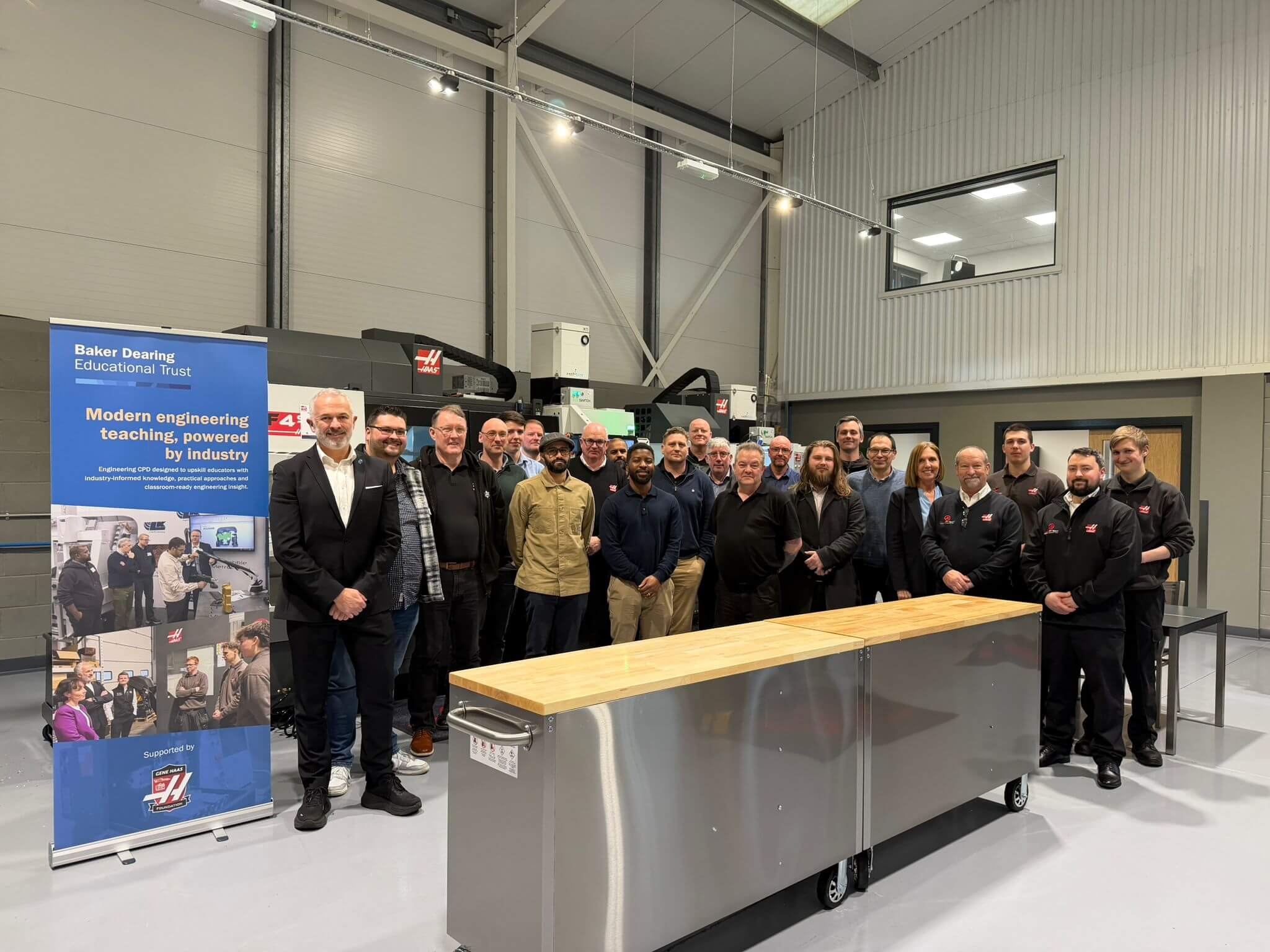For the Leaders’ Platform section of our newsletter The Blueprint, we spoke to Fergus Hynd, Head of Social Mobility for National Grid UK, about working with UTCs, how the utility company is supporting the clean energy transition, and how the government can better support apprenticeships as an option for school leavers…
How is the National Grid supporting the UK’s transition to clean energy?
Various ways, so there’s obviously the macro organisational stuff, collaborating with not just our own supply chain but with the broader industry. Be that other transmission operators or the distribution network operators and the broader industry.
We are at risk of being in a needless war for talent at a crucial time when we shouldn’t be for squabbling over the same sort of talent pool. So there’s lots of work going on in that space, including through strategic workforce planning.
But then also we are working at a hyper local level with our social mobility programmes to stimulate awareness and an appreciation for the opportunities that are going to be available.
We hope to increase the surface area of opportunity for people in communities that might be affected by the work we do, or who are facing social long term socioeconomic disadvantage.
We’re not just rocking up to communities as National Grid, we’re doing it in collaboration with other organisations.
What skills are needed to deliver on the clean energy transition?
The whole vast array of skills, and I think a lot of those conversations have been hampered by unhelpful, but well-meaning and well-intentioned terminology like green jobs.
I think people have spent a lot of time getting distracted by what makes a green job or what is a green job and what defines it.
Whereas actually it’s about looking for talent that is capable of being upskilled rapidly and quickly in all the various different formats and functions that you’d expect for something of this scale and complexity.
So that’s everything from what you’d expect, like electrical engineering talent, all the way through to social media, communications and HR opportunities because the whole is greater than the sum of its parts.
And how are UTCs supporting that work by providing a pipeline of skilled talent?
What I see when working with lots of the 44 UTCs up and down the country is passionate staff and equally passionate talent, which doesn’t always happen elsewhere. There is also a certain world-wise approach to talent in terms of preparing them for the world of work, which is refreshing and very welcome.
Beyond that I think the UTCs do create a much more focused, work-like environment than is often prevalent in other institutions, and run an array of courses that is getting ever more relevant for the needs of the infrastructure challenges we face in the country.
Have you been looking at linking with T Levels?
So we’re at the very early stages of effectively aligning with that.
I think there is still a lot of awareness building to be done in industry of what T levels really are and National Grid is no exception to that.
But I think when you start going around businesses and explaining what these students doing the T Level courses are being taught and what they need to achieve and you can break down how to give those students that experience, I think it is a mutually beneficial scenario. Through T Levels, we can showcase our world of work to talent that’s going to be applying for early careers roles with us in a matter of months.
How do you think government could support the work that you guys are doing?
To help the challenges that we face, I think government needs to think about how it evangelises about apprenticeships, first and foremost, because the challenge that we face on our social mobility programmes is often fighting this real notion that the greatest thing a student can do is go through the UCAS process.
It’s almost like an industrial complex of the UCAS as the be all and end all and actually, especially around where lots of the UTC’s are located, the greatest possible impact on the students is for them to consider university and apprenticeships.
I think in any review the government does, reviewing how they help evangelise about T Levels, how they evangelise about apprenticeships and support that with heavy firepower communications, would be ever so helpful.
Anything else to add?
It feels like a real privilege to work with UTCs. We really appreciate the staff and the students and how they engage with us.
We know that our colleagues in National Grid who volunteer for the sessions that we put on get loads out of it and I would just be really interested in doing even more with the programme.




